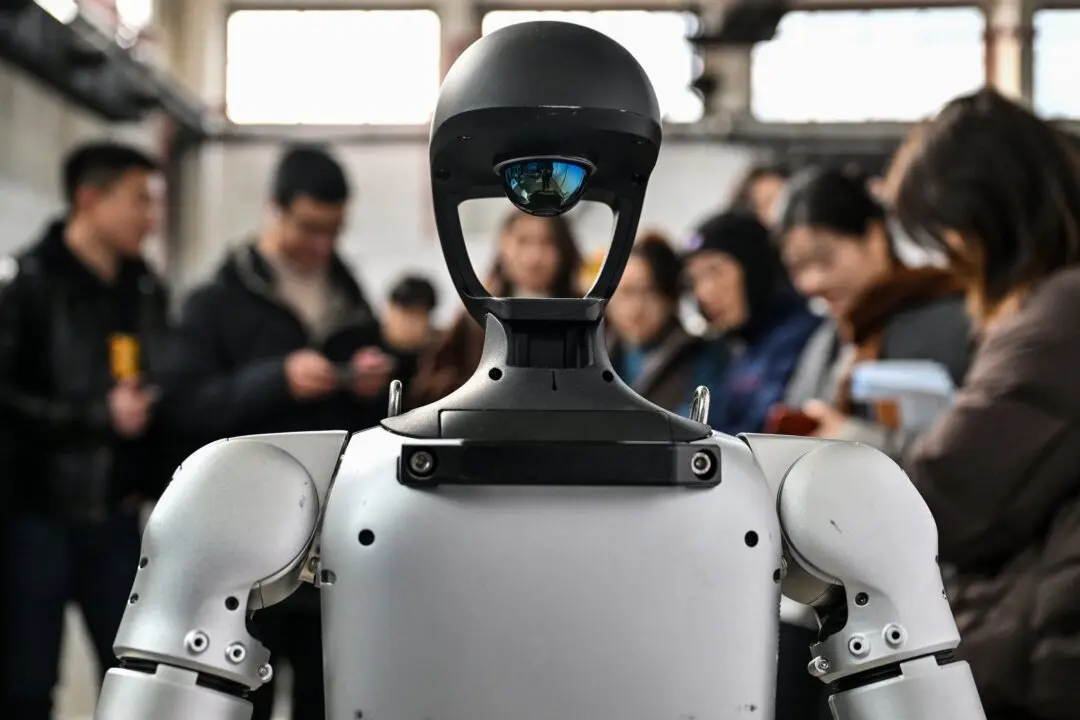Commentary
On April 14, a local government administrator in the United States sent my relative a letter that she suspected of including artificial intelligence (AI) content. Sure enough, an AI detector found 83 percent generated by AI GPT.

On April 14, a local government administrator in the United States sent my relative a letter that she suspected of including artificial intelligence (AI) content. Sure enough, an AI detector found 83 percent generated by AI GPT.